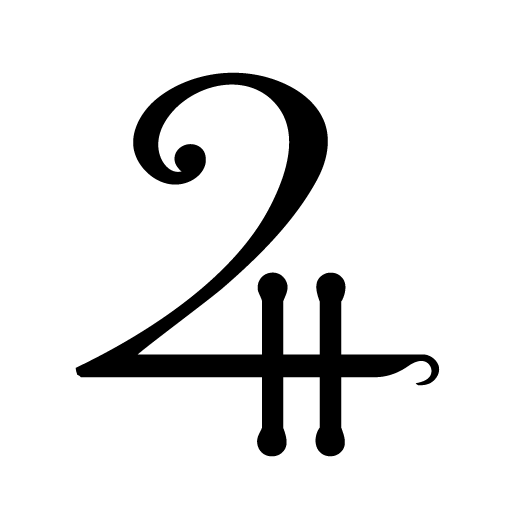What? and How?
The Calligraphy of Demons is a new novel of epic fantasy. I've considered self-publishing through Amazon and iBooks, but for now I'm looking for a traditional agent and publisher. Either way, I hope to be able to publish links for you to buy the book someday soon. For now, I'm providing a free sample consisting of the first three chapters of the book.
Synopsis
Across the thin band of civilized lands known as the Thread, a single powerful religious order—the Immanent House—enforces a monopoly on the use of healing magic. One of their healers is Copper, a battlemaid whose skills in that art have saved the lives of many warriors. After years of loyal service, she faces a stark choice: she can submit to the advances of a powerful official, or defy the vows that bind her to her cloister. Her means of escape is the prisoner Keel, a roguish man considered to be a dangerous heretic because of the magical martial art he wields. Together they flee, desperate to evade deadly agents of the House who seek to protect their secret knowledge.
When war shadows the land, Copper meets an Integer named Dal, a young historian-for-hire whose powers of observation and quick wit are keener than his skill with a blade. Dal’s path is riddled with ambushes he has trouble avoiding—but, perhaps that’s to be expected, given the intrigue he’s caught up in. Copper, Keel, and Dal face the betrayals of once-trusted allies and struggle to avenge the injustices they uncover. They begin to see that runes of power are not only the foundation for all magical arts, but represent a kind of sacred geometry lying at the root of all things. And always, assassins and heretic hunters from the Immanent House seek to force a final confrontation with Copper and silence her forever.
Why?
I've loved the fantasy genre ever since I was a kid, when my mom read The Hobbit and The Lord of the Rings to me. It was magical, in the sense of a parent and child being swept away in a shared experience by vivid description, action, drama, and imagination. I went on to read many other fantasy classics, including the amazing Earthsea books by Ursula Le Guin. It was great.
But somewhere along the way, after one too many a gruff dwarf or ethereal elf, I got a little disillusioned. So much fantasy was out there, but I didn't know how good it might be, or what to read. I had lost the love. I craved--though I didn't know it at the time--something fresh.
I was still building worlds and telling stories. I'd been a Dungeon Master since the early '80s, keeping a certain subset of my creative skills active and limber. I felt, however, that there were still grander, more dramatic, and more profound tales to tell. And more people to reach than I could contact around a kitchen table.
Then, at last, I was inspired again. Reinvigorated. A friend turned me on to Patrick Rothfuss and his novel, The Name of the Wind. Great new fantasy was still being forged. It struck me as the kind of thing I would like to write--the kind of thing I wish I had written. I discovered that Mr. Rothfuss is but one day older than I. You know what? Sometimes it takes only a single detail to spark a miniature existential crisis.
I'll stand by my excuse, though. You say that Mr. Rothfuss is a far more successful writer than I am? Of course he is. He's been at it so much longer. And he's, you know, older. Not to mention crazy-talented.

